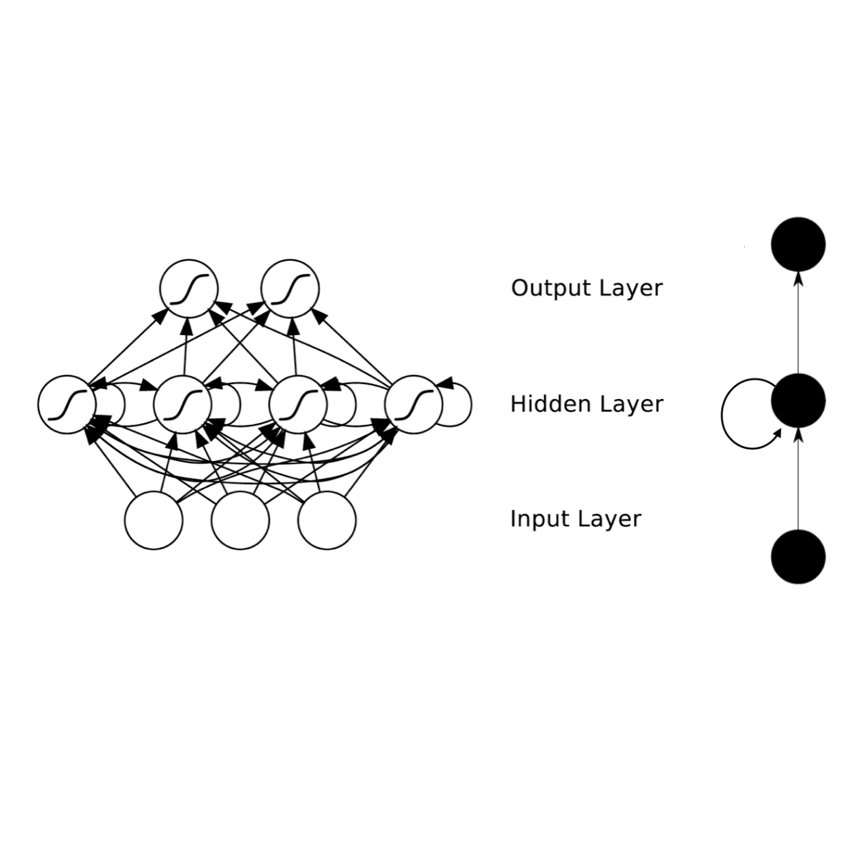Causal chain reasoning (CCR) is an essential ability for many decision-making AI systems, which requires the model to build reliable causal chains by connecting causal pairs. However, CCR suffers from two main transitive problems: threshold effect and scene drift. In other words, the causal pairs to be spliced may have a conflicting threshold boundary or scenario. To address these issues, we propose a novel Reliable Causal chain reasoning framework~(ReCo), which introduces exogenous variables to represent the threshold and scene factors of each causal pair within the causal chain, and estimates the threshold and scene contradictions across exogenous variables via structural causal recurrent neural networks~(SRNN). Experiments show that ReCo outperforms a series of strong baselines on both Chinese and English CCR datasets. Moreover, by injecting reliable causal chain knowledge distilled by ReCo, BERT can achieve better performances on four downstream causal-related tasks than BERT models enhanced by other kinds of knowledge.
翻译:因果关系推理(CCR)是许多决策性AI系统的基本能力,它要求模型通过将因果关系对等联系起来来建立可靠的因果关系链。然而,碳计算母体存在两个主要的过渡性问题:临界效应和场点漂移。换句话说,要拼凑的因果关系对可能有一个矛盾的临界界限或情景。为了解决这些问题,我们提出了一个新的可靠的因果关系推理框架~(ReCo),其中引入了外源变量,以代表因果链中每个因果关系对的门槛和场景因素,并且通过结构性因果经常性神经网络~(SRNN)来估计外源变量之间的门槛和场景矛盾。实验表明,RECO超越了中国和英国碳计算母体的一系列强有力的基线。此外,通过RECO所生成的可靠的因果链知识,BERT可以在四种下游因果相关任务上取得比其他知识强化的BERT模型更好的业绩。





